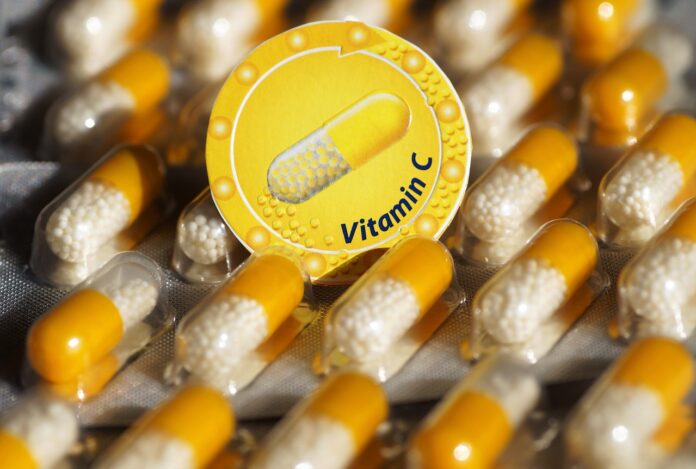In this article, you will find the most interesting facts about vitamins – these are organic compounds that people need in small amounts. There are thirteen different vitamins necessary for humans to stay healthy. Below, find facts about vitamins that may interest you.
Interesting Facts About Vitamins
- Origin of the Term: In 1912, biochemist Casimir Funk first proposed the concept of vitamins. He called them “vital amines” or “amines of life.”
- Vitamin C: Found in foods like oranges, broccoli, and tomatoes, vitamin C helps your body recover from cuts.
- Vitamin E Sensitivity: Contact with vitamin E can cause dermatitis in approximately thirty percent of people.
- Bananas and Vitamin D: Placing bananas in the sun increases their vitamin D content.
- Strontium: This element is related to calcium and is sometimes prescribed to treat fractures and strengthen bones.
- Potato Nutrition: For a person weighing around sixty-five kilograms, the calories and essential amino acids in nine baked potatoes are more than enough for daily needs.
- Cats and Vitamin D: Another interesting fact about vitamins is that cats must groom themselves several times a day because they lick vitamin D off their fur.
- Vitamin A: Ten grams of butter contain as much vitamin A as four hundred grams of whale liver or five million eggs.
- Iodized Salt: Introduced to compensate for iodine deficiency, iodized salt has since increased the average IQ on Earth.
- Vitamin B12: This vitamin plays a key role in maintaining brain function and the nervous system.
- Pine Needle Tea: As demonstrated by the people of Leningrad during the blockade, pine needle tea can be a source of vitamin C. Pine needles are also believed to prevent scurvy.
- Water-Soluble Vitamins: Including the B-complex and vitamin C, these vitamins are mostly stored only for short periods.
- Vitamin E: Widely advertised as a beneficial antioxidant, it can help prevent heart disease.
- Chili Peppers: A small portion of chili contains more vitamin C than an equivalent amount of oranges.
- Vitamin B1: To meet the daily requirement for vitamin B1 (just 1.5 mg), you need to eat an entire loaf of dark bread.
- Fat-Soluble Vitamins: We can only store fat-soluble vitamins A, E, D, and B12.
- Constant Replenishment: The human body lacks water-soluble vitamins and needs to constantly replenish them.
- Vitamin D: Another interesting fact about vitamins is that vitamin D strengthens the immune system and bone tissue, helps alleviate depression, and is involved in the production of dopamine (the happiness hormone).
- Healthy Habits: If you have an unhealthy diet, bad habits, or little exercise, vitamins alone won’t protect your health.
- Free Radicals: Vitamin C helps reduce swelling and prevents the accumulation of free radicals in the body.
- Food Storage: Only 40-60% of vitamin C remains in green vegetables after a day; in apples, about eighty-five percent remains after three months.
- Best Practices: Fat-soluble vitamins (A, E, D) are best taken with foods containing vegetable oils or during active digestion within 20-30 minutes after eating.
- Drug Interference: Some medications can interfere with vitamin absorption and even deplete vitamin stores already in the body.
- Vitamin D in Milk: Vitamin D in milk helps your bones grow and stay strong.
